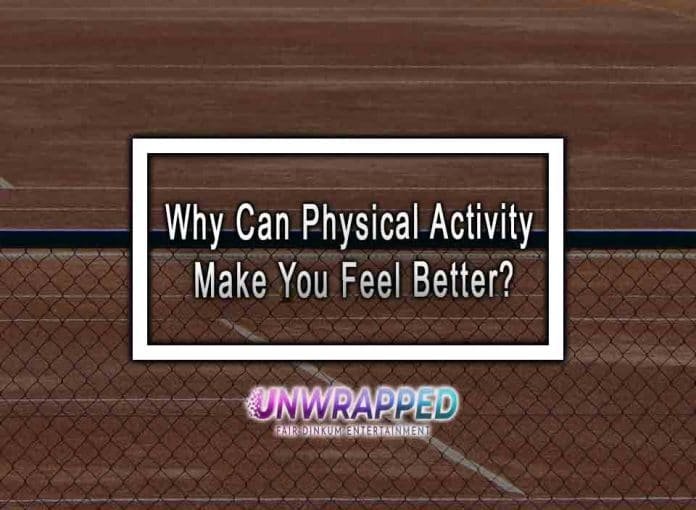Bodily exercise has obvious physical advantages, but what about mental advantages? Much, much more! In fact, athletics may be linked to improved mood, less anxiety and despair, and increased self-esteem. It’s not only that you’re happy because you achieved your objectives that make you feel better after exercising; it’s mostly a hormonal problem. We explain how sports may help you feel better.
Sport and the Hormone of Happiness
Endorphins are important for linking the nervous system’s neurons, serving as a connection between the body and the mind. They relieve pain and transmit pleasure, happiness, and joy. These hormones are triggered by physical exercise and boost mood, self-esteem, and anxiety and stress levels.
What is the procedure for this? Endorphins are released when the emotional section of the brain experiences favorable inputs. The reasoning portion of the brain then collects these chemicals and instructs the rest of the body to repeat the activity since it makes you feel good, raising happiness and pleasure levels. Because this process is performed multiple times and the body memories that it makes them feel good, sports might end up “hooking” the individuals who participate in them.
Other Hormones That Are Activated by Physical Exercise
Other hormones are produced in addition to endorphins when you engage in physical exercise. Neurotransmitters like serotonin, dopamine, and norepinephrine are among them:
- Dopamine is linked to positive feelings including happiness, confidence, excitement, and optimism. We are calmer, more patient, and have a more stable mood when we have high amounts of this hormone.
- Serotonin is a neurotransmitter that affects both positive and negative emotions, such as pleasure and excitement. A positive mood, greater motivation, and sexual desire are all attributed to adequate amounts of serotonin.
- Attention, learning, emotional sensitivity, and sociability are all enhanced by norepinephrine. Memory, attentiveness, and sexual desire are aided when levels are high. It also promotes relaxation and a better mood by boosting body warmth.
Physical Exercise and Depression
One out of every six women and one out of every ten males suffers from or will suffer from depression at some point in their life. Sadness affects 350 million individuals worldwide, a statistic that may be underestimated since depression is now considered taboo in many communities. Although we are all acquainted with the phrase, it is sometimes trivialized, being mistaken with processes of grieving, apathy, or melancholy, depression is an illness that requires a specialist’s diagnosis and leads to exhaustion, guilt, lack of attention, and a general lack of desire.
Although depression should be addressed with both psychiatric counselling and medications, physical exercise may be quite useful for these individuals and has no negative side effects.
Physical activity has been shown to lessen the incidence of depression in several scientific investigations targeted at avoiding depression. Furthermore, they claim that the more exercise you do (at least five hours a week), the less likely you are to get this illness. Physical activity, on the other hand, provides therapeutic benefits even if a person is already depressed. Physical exercise reduces the symptoms of depression as psychological treatment and certain medicines. In this situation, high-intensity aerobic exercise outperforms strength-based training.











